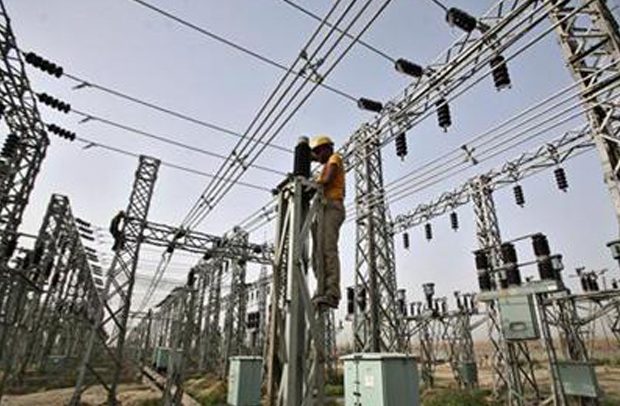GOVERNMENT has set a target of expanding electricity access rate to a minimum of 90 percent of the population by the end of 2020 as it seeks parliamentary approval for a loan of $100 million to connect 526 communities to the national grid.
Currently, six out of the 16 regions have access rates above the national average of 84.98 percent with Greater Accra Region ranked number one with 96.66 percent followed by Ashanti Region with 91.57 percent.
The Savannah Region is ranked at the bottom of the table with an access rate of 54.51 percent, Chairman of the Committee on Mines and Energy, Emmanuel Akwasi Gyamfi, told Parliament during a presentation of the committee’ report on Wednesday.
According to him, half of the total contract sum of $100 million will be expended on the supply and erection of electrical equipment for the electrification of 292 communities in the Ashanti, Central, Eastern and Bono, Bono East and Ahafo Regions.
The remaining amount will be expended on the procurement, engineering and construction for the electrification of 234 communities in the North East, Savannah, Eastern and Northern Regions.
Minority Leader, Haruna Iddrisu, in supporting the agreement, lauded the effort of government, and added that any effort to expand rural electrification is worthy of support in respect of the fact that every Ghanaian needs electricity for his or her daily life and business.
“Mr Speaker, in my constituency, the joy of the commissioning of rural electrification project is high because those women who would have travelled miles for milling of food have joy that they can do so at their homes,” he stated.
According to him, people in communities without electricity have difficulties in using mobile telephony and asserted that those people have to walk to nearby communities to charge their phone batteries.
So far, 10,486 communities, as at March 2019, had been connected to the national electricity grid under the National Electrification Scheme being pursued since 1990.
The rate of access to electricity in Ghana, the committee noted, had increased from about 15 percent of the population, at the inception of the NES, to current level of 84.98 percent.
Government is implementing several electrification projects in some selected communities in order to accelerate the attainment of universal access to electricity.
At the end of the debate, Parliament approved the commercial contract and the engineering, procurement and construction contract between Government and TBEA Hengyang Transformer Company Limited and Tropical Cable and Conductor Limited.
By Ernest Kofi Adu, Parliament House


